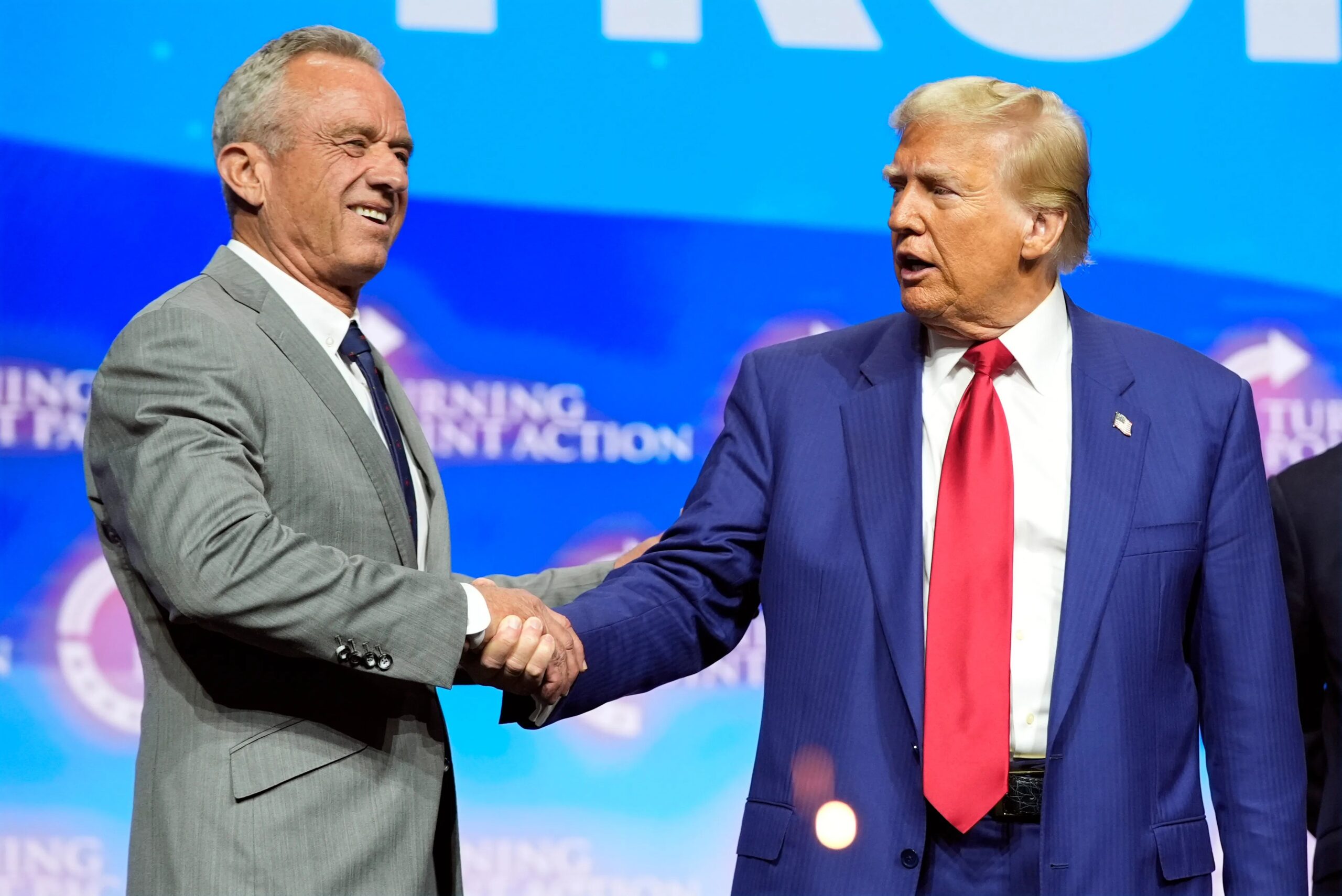The announcement of Robert F. Kennedy Jr.’s nomination by President-elect Donald Trump to lead the U.S. Department of Health and Human Services has sparked intense debate. His appointment, if confirmed, places him at the helm of a department responsible for critical public health programs and scientific research, including the National Institutes of Health, the Food and Drug Administration, and the Centers for Disease Control and Prevention. Kennedy’s controversial stances on key health issues have raised concerns about their potential impact on the nation’s health policies.
The Vaccine Debate: A Question of Safety and Efficacy

Kennedy, a prominent figure in the anti-vaccine movement, stated during a July 2023 interview with podcaster Lex Fridman, “There’s no vaccine that is, you know, safe and effective.” However, this claim starkly contrasts with decades of scientific evidence.
According to the World Health Organization, “vaccines have saved more human lives than any other medical invention in history.” Data supports this: in the 20th century, diseases like polio, diphtheria, and smallpox caused widespread illness. By the century’s end, cases had plummeted by 95–100% due to vaccines.
COVID-19 vaccines alone prevented 14.4 million global deaths from December 2020 to December 2021, according to research published in The Lancet Infectious Diseases. Additionally, childhood immunizations have averted 508 million illnesses and 1.1 million deaths in the U.S. since 1994, as reported by the CDC in August.
Benjamin Hoffman reaffirmed, “Vaccines are the safest and most cost-effective way to protect children, families and communities from disease, disability and death.”
The Autism Myth: Debunking Long-Standing Misinformation
Kennedy continues to propagate the debunked theory linking vaccines to autism. This idea originated from a 1998 Lancet paper that was retracted for falsified data. Yet, the myth persists. Scientific consensus is clear: no credible evidence supports a connection between vaccines or their ingredients and autism.
Research into autism suggests it stems from early brain development, possibly in the womb. Current studies focus on genetic factors and neuron growth, seeking earlier diagnosis methods.
Fluoride in Drinking Water: Friend or Foe?

In recent statements, Kennedy has advocated for removing fluoride from drinking water, citing potential harm to children’s brains. While fluoride can be toxic in high doses, its optimal concentration in U.S. water supplies—0.7 milligrams per liter—has proven safe and effective.
Fluoride’s ability to rebuild tooth enamel makes it a critical public health tool. Its addition to water supplies since the 1940s has significantly reduced cavities. Communities that ceased fluoridation, such as Calgary and Juneau, saw marked increases in tooth decay among residents.
Raw Milk: A Risky Proposition
Kennedy has also criticized the FDA’s stance on raw milk, which lacks pasteurization. While proponents argue for its gut health benefits, experts warn that unpasteurized milk can harbor dangerous pathogens like E. coli and Salmonella. Pasteurization remains essential for ensuring food safety.
Concerns over raw milk intensified following bird flu outbreaks in dairy cows, as the virus can persist in unpasteurized milk. Pasteurization eliminates this risk, safeguarding public health.
COVID-19 Treatments: A Tale of Debunked Claims
During the pandemic, Kennedy championed hydroxychloroquine and ivermectin as COVID-19 treatments, despite overwhelming evidence refuting their efficacy. In July 2023, he claimed on Fox News that these drugs could have saved lives. However, studies repeatedly demonstrated they were no more effective than placebos, leading the FDA to revoke emergency use authorizations.



